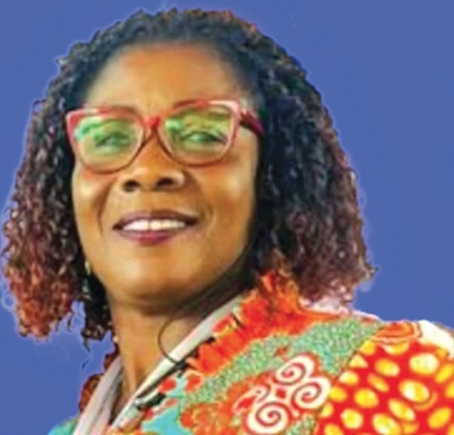
Leverage AI to improve homecare outcomes — Dr Obinnim
The Dean of Students Affairs of the Ho Technical University (HTU), Dr Elizabeth Obinnim, says the digital era has transformed lifestyles and communication skills and that has impacted the field of home economics as well.
She said home economics was about empowering individuals and families to manage resources effectively, make informed decisions and create a better quality of life, in the wake of rapid technological changes.
Dr Obinnim was speaking at the end of the 43rd Biannual General Meeting of the Ghana Home Economics Association (GHEA) in Ho last Friday. The two-day event was on the theme:
Home economics in the digital world, navigating challenges and seizing opportunities.” It was attended by about 140 economics teachers from second-cycle and tertiary institutions in the country.
This year’s meeting discussed the new curriculum which is about to be introduced in senior high schools (SHS) with specific attention to the area of home economics.
Evolving digital space
The senior lecturer said home economics teachers were faced with the challenges of navigating those changes to prepare their students to thrive in the evolving digital space.
Dr Obinnim said digital technology had permeated every aspect of home management, from how to cook, clean, budget and plan while Apps and platforms offered unprecedented resources and tools, making tasks more accessible and information more readily available.
“Hence, we can use data analytics to optimise household resources, develop personalised financial planning tools, and create virtual platforms for nutrition education,” she added.
Dr Obinnim said home economics practitioners could also leverage artificial intelligence to improve homecare outcomes, design sustainable living spaces, and develop smart homes that adapted to their contemporary need on the field.
The Volta/Oti Regional Chairman of GHEA, Yvonne Akpene Ame-Bruce, said the association’s mission was to promote home economics as a dynamic interdisciplinary programme, drawing content from the sciences and arts, as well as applying knowledge to improve the well-being of individuals and families.
The Volta Regional Director of Education, Francis Yaw Agbemadi, said the new curriculum, which was to be rolled out in senior high school and senior high technical schools in the upcoming academic year, marked a significant departure from the current objective-based which tended to encourage memorising and routine learning.
